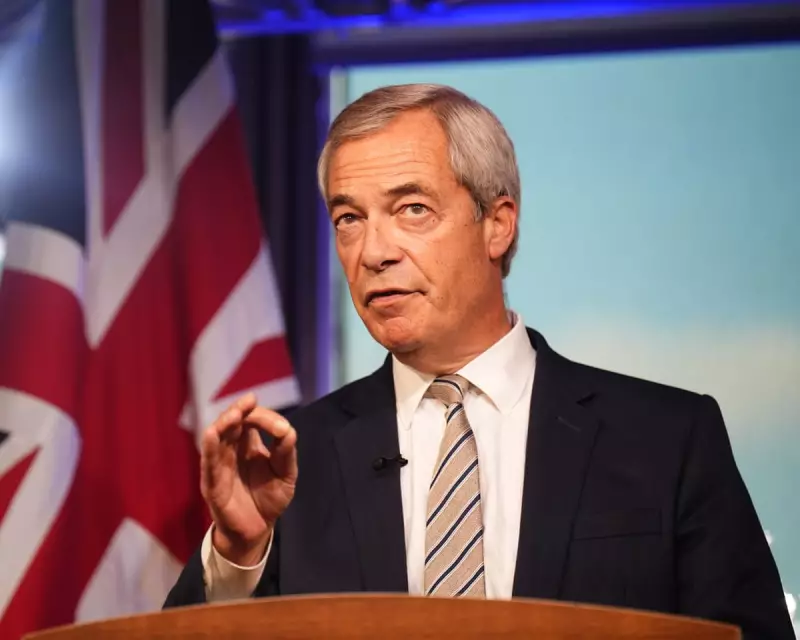
Westminster finds itself gripped by renewed controversy as historical allegations of racism against Reform UK leader Nigel Farage have dramatically resurfaced, threatening to overshadow his political comeback.
What Are the Historical Allegations?
The claims date back to Farage's schooldays at Dulwich College in the late 1970s, where former classmates allege he used racially offensive language and participated in discriminatory behaviour. These long-standing accusations, which Farage has consistently denied, have returned to the political spotlight at a particularly sensitive time.
Why Now? The Political Timing Explained
The resurgence of these allegations comes as Farage positions himself for a potential return to frontline politics. With speculation mounting about his intentions for the next general election and his growing influence within Reform UK, opponents have seized upon these historical claims to question his suitability for public office.
Multiple sources from his school years have come forward with accounts that paint a troubling picture of Farage's adolescent behaviour. While some contemporaries defend him as merely a "boisterous" teenager, others recall more disturbing incidents that they describe as overtly racist.
Farage's Response and Political Fallout
Nigel Farage has vehemently denied all allegations, dismissing them as politically motivated smears designed to damage his reputation. In recent statements, he has characterised the claims as "an orchestrated attempt by the establishment to undermine my political movement."
However, the timing could hardly be worse for the Reform UK leader. As he attempts to broaden his party's appeal beyond its core supporters, these resurfaced allegations present a significant obstacle to his political ambitions.
Broader Implications for British Politics
The controversy raises important questions about how historical behaviour should be judged in contemporary politics. Supporters argue that people should not be condemned for actions in their youth, while critics maintain that such behaviour reveals character traits relevant to leadership roles.
As Westminster braces for what could be a fiercely contested election period, the Farage racism row threatens to become a defining issue that could influence voter perceptions and party dynamics in the coming months.





